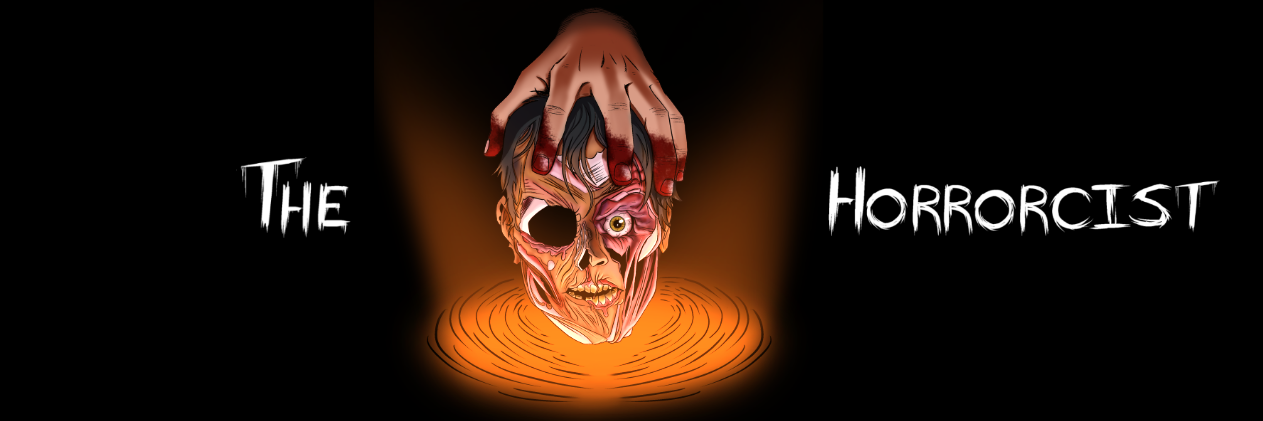Fantasia Film Festival’s Fugitive Dreams is a high-concept, dream world of a road-trip movie with Jason Nuelander explores the metaphysical, psychological and allegorical. But, most of all, it’s an effective and nuanced redemptive love story.
We meet Mary (April Matthis) and John (Robbie Tran) as distant homeless strangers who happen upon each other by chance, or maybe even fate, and inexplicably become bonded in both a physical and psychological journey. These two are onscreen for most of the film and have to deliver a lot of dialogue and monologues and cover a lot of ground emotionally for the film to be as affecting as it’s aiming for.
Thankfully the pair are phenomenal, with their developing relationship never feeling anything but believable and empathetic and their committed performances through what is a complex non-linear story help to anchor everything. Mary is neutral, quiet, bold and still whereas John is chaotic, skittish, often manic and kinetic. Despite being visually and characteristically different, the two bounce off each other so well.

Throughout their literal and psychological journey they encounter a handful of other bizarre and intriguing characters from Scott Shepherd’s Israfel, who channels the under-the-surface menace and anger of any of Willem Dafoe’s more psychotic characters, to David Patrick Kelly as Henri Gatien, a figure who exists purely in John’s mind and seems to only want to lead him astray.
But all of this is ultimately about creating a metaphor for the external and internal pressures our two lead characters face. Mary is constantly at war with herself in an internal struggle, we see at the beginning of the film that she was going to kill herself until John barged in and interrupted her. John, on the other hand, is running from the external and literal mistakes of his past as well as struggling with the mental toll they’ve taken on him.
Nuelander tows a fine line with his narrative with often invisible shifts from reality to memory to flashbacks to straight-up imagined dream sequences, all from unreliable narrators and inconsistent points of view, helping to create a surreal fantasy version of reality. The decision to shoot the film in monochrome black and white with added bursts of colour film during key emotional moments also helps to heighten the slightly hazy dreaminess of the whole thing.

Every shot of this film is carefully thought out and beautifully captures the barren landscape and uncanny version of America you often only see in postcards or unrealistic Westerns. The scenery, settings and locations feel equally modern and post-apocalyptic at the same time, creating a vision of a weary, worn and sedated America. Aside from the visuals, the general film itself, as a whole, is a statement on the state of the country.
As a result a lot of Fugitive Dreams is troubling, sinister and uncomfortable as it dwells on victims of homelessness, mental health issues and addiction and does so by putting characters we care about, who are learning to care about each other, in difficult, dangerous and vile metaphorical and allegorical situations in order to expose their traumas. But this is needed to strengthen the bond between them and to build-up the necessary level of catharsis needed to make the sweet, romantic finale really work.
Ultimately Fugitive Dreams offers itself as a testament to how important shared experiences, companionship and having someone there to lean on is to people who are on the harrowing and difficult road to recovery from so many things, by psychologically laying those traumas bare, manifesting them as hateful predatory figures and drowning them out in a colourful bed of poppies. It’s a truly beautiful piece of work.
For more reviews and interviews, check out our Fantasia Film Festival 2020 coverage here






